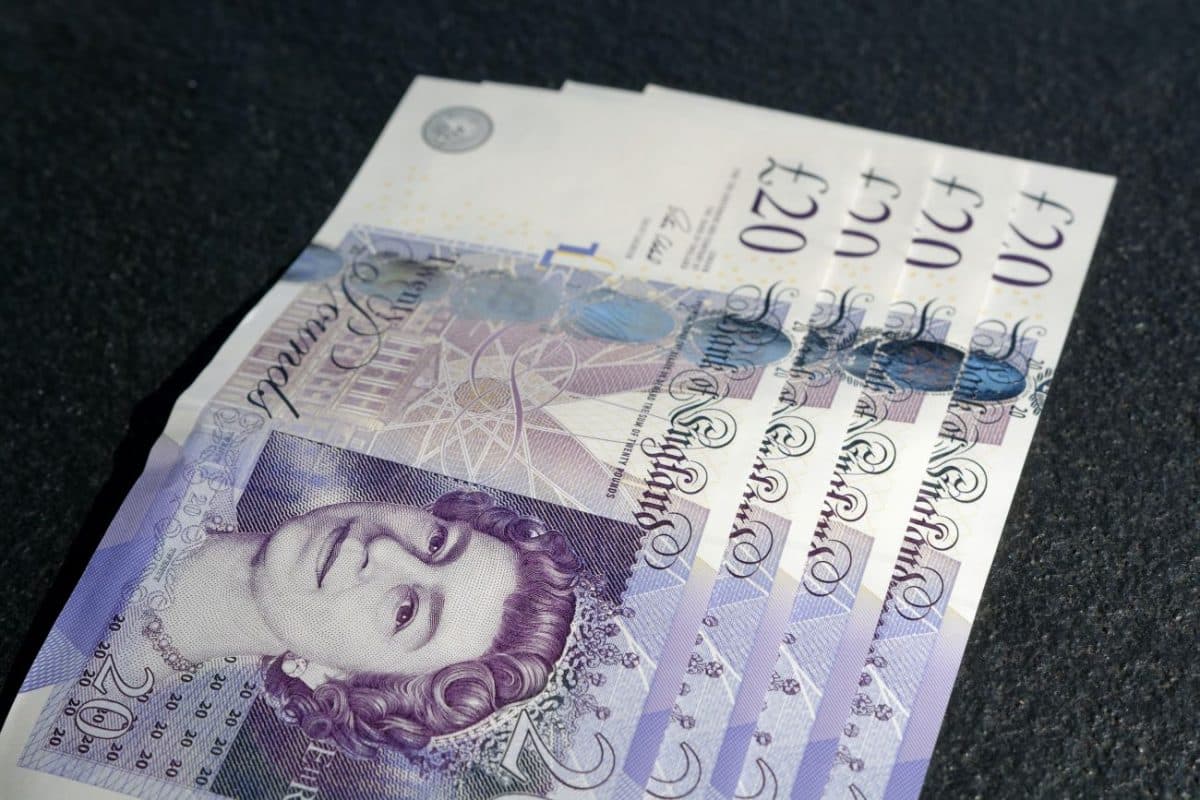Companies that cancelled dividends during the pandemic are starting to pay out again with £25.7bn handed to investors in the past three months — a 51% increase against the same period last year. Of the £8.7bn in new UK dividends generated, over two thirds of the increase from came from mining and banking stocks.
Traditionally, the UK has a rich income heritage, with companies having the well-established culture of distributing payments to shareholders, but last year many listed companies cut dividends to protect balance sheets ravaged by the pandemic.
Ian Stokes, Managing Director at Link Group, said “As normal life returns to Britain’s streets, so it is returning to business too. All the indicators of economic growth look very encouraging, and companies have come out of the crisis in most cases with their balance sheets looking strong.
“Resurgent profits and healthy bank balances mean more dividends for shareholders. Before the pandemic, dividends reached £100.3 billion, even before one-off special pay-outs were added, so the recovery has a way to run.”
Dividends are a share in the profits paid to shareholders, who last year saw a drop in their returns while many companies held back pay-outs during the pandemic and lockdowns. For retired investors, dividends are a good source of additional income.
If you like the idea of earning dividends now that they’re returning, here are five things you need to know:
1. Choosing income stocks
Investors can pick and choose individual stocks they think will result in decent dividend pay-outs. While the latest figures show mining, banking and oil sectors have paid out the most in the most recent quarter, it’s important to look for companies with sustainable cash flows that could be used to support longer-term dividends that will rise over time, rather than just basing a selection on recent news.
2. Income-producing funds
Instead of selecting individual stocks, many investors prefer to use funds which are run by a fund manager who is responsible for choosing a portfolio of stocks. Some of the most popular funds in the UK aim to provide an income by holding dividend-paying companies. Known as equity income funds, they have had a tough year with many firms holding back cash, but things are looking brighter.
3. Check out Investment trusts
Trusts have an impressive track record of increasing dividend payments for decades. They also have a unique ability to hold back up to 15% of income generated by underlying assets a year to build up a reserve for pay-outs in times of market turmoil. This means investors get a steady income, whatever the weather.
4. Reinvesting dividends for magic of compound growth
Using income-generating funds or stocks where you don’t need the income, dividends can be reinvested. This reinvested income is the biggest overall contributor to total returns thanks to compound growth. This is the term for generating income from previous income earned.
5. Enjoy tax-free pay-outs
Holding dividend paying companies — owned directly or through a fund — in an ISA means you don’t pay tax that would normally be due on pay-outs. Dividends received from investments held outside an ISA would incur tax above the annual £2,000 income/dividend allowance per investor. Basic, higher and additional-rate taxpayers would pay 7.5%, 32.5% and 38.1% tax respectively.
Photo by Colin Watts on Unsplash

